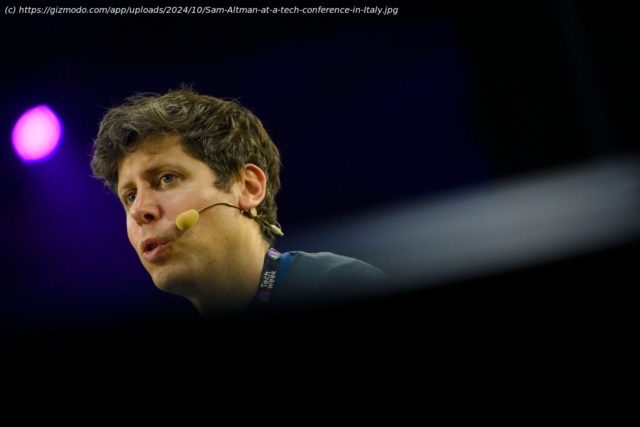In the high-stakes battle for AI supremacy, Big Tech has found a new weapon: buying a company’s brainpower without buying the company itself, leaving regulators in the dust.
Google just dealt OpenAI a major blow by scuttling a potential $3 billion deal, and in doing so, solidified a rising trend in Silicon Valley’s AI arms race: the “non-acquisition acquisition.”
Google announced on July 11 that it poached key talent from the rapidly rising AI startup Windsurf, which until then had a reported $3 billion acquisition deal with OpenAI that has now collapsed. Instead, Google is paying $2.4 billion to hire away top Windsurf employees, including the company’s CEO, and take a non-exclusive license to its technology, according to Bloomberg.
By poaching Windsurf’s top brains but not acquiring the startup itself, Google achieved two critical goals at once: it nullified OpenAI’s momentum and gained access to the startup’s valuable AI technology.
Friday’s announcement is only the latest instance of what is increasingly becoming the go-to tactic for big tech companies looking to grow their competitive edge. Tech analysts have described it as a “non-acquisition acquisition,” or more simply, an “acqui-hire.”The Poaching Wars Have Begun
OpenAI, the company behind ChatGPT, ignited the current AI frenzy back in 2022 and has been the leader in generative AI ever since. But its market lead is being increasingly challenged by big tech competitors like Google and Meta, and it is now clearer than ever that elite AI engineers are the most valuable currency in this fight for dominance.
Recently, OpenAI has found itself a primary target.






